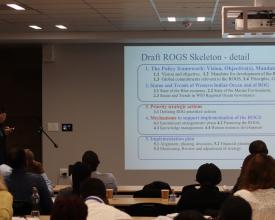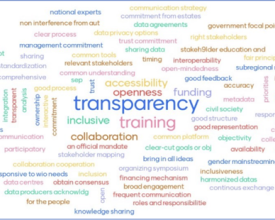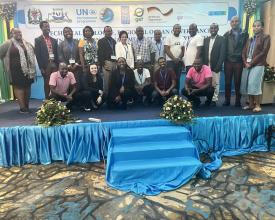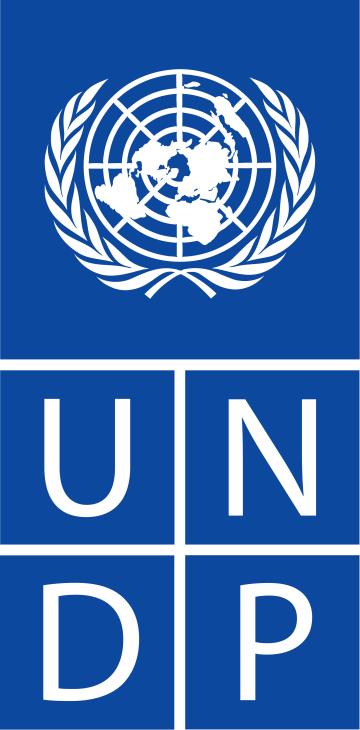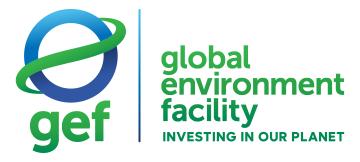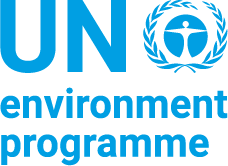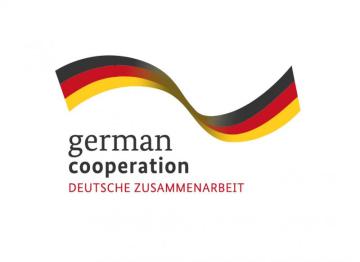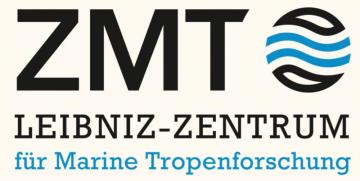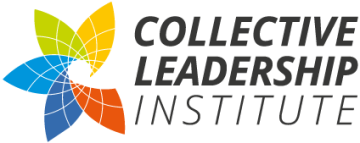
Creación conjunta de una estrategia de gestión de la información para el Océano Índico occidental a través de un grupo de trabajo multilateral
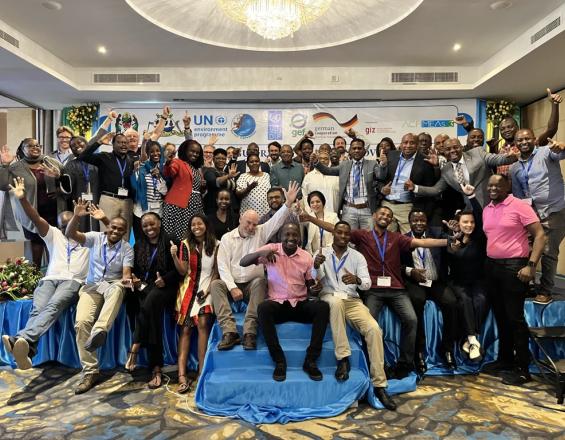
La Estrategia de Gestión de la Información (IMS) para el Océano Índico Occidental (WIO) tiene como objetivo promover el intercambio de conocimientos sobre el medio marino y una gobernanza eficaz. Iniciada en la 10ª Conferencia de las Partes del Convenio de Nairobi en 2021, se trata de un enfoque participativo de múltiples partes interesadas en el que intervienen gobiernos, ONG, el sector privado, el mundo académico y otros.
El IMS busca aumentar la conciencia pública sobre la importancia del océano y facilitar el intercambio de datos para la toma de decisiones informadas. Establece un Grupo de Trabajo Multilateral (MSWG) con representación regional para guiar su desarrollo. La participación de las partes interesadas, el diálogo y la orientación técnica son componentes clave.
Esta estrategia reconoce los retos singulares de la región y la necesidad de una colaboración multisectorial en la gestión del medio marino. Es un paso importante hacia la creación de un público más informado sobre los océanos y la gobernanza de los océanos en el Océano Índico Occidental.
Contexto
Défis à relever
-
Para garantizar que la gestión de los recursos marinos y costeros se lleva a cabo con conocimiento de causa y de forma sostenible, es necesario integrar la ciencia en la elaboración de políticas.
-
A menudo existen datos e información, pero deben compartirse suficientemente entre sectores, regiones e instituciones.
-
Identificar e implicar a las partes interesadas adecuadas y a una masa crítica suficiente para constituir el Grupo de Trabajo Multilateral.
Ubicación
Procesar
Resumen del proceso
Véase la siguiente imagen para una visión general de la arquitectura del proceso. Tenga en cuenta que el Convenio de Nairobi (CN) convoca al GMS del IMS, que es el núcleo del proceso, y que otras organizaciones (incluidas la GIZ, la CLI y la ZMT) ayudan al CN a desarrollar la estrategia.
Bloques de construcción
Voluntad política y mandato para desarrollar una estrategia de gestión de la información
Un mandato de las Partes del Convenio de Nairobi, adoptado en la 10ª Conferencia de las Partes en 2021, constituye la base para diseñar conjuntamente una Estrategia de Gestión de la Información para el Océano Índico Occidental. Se hizo hincapié en que el desarrollo debería producirse en un proceso de co-desarrollo, reconociendo el papel fundamental de los puntos focales nacionales del Convenio de Nairobi, involucrando a los centros de datos nacionales y ampliando el papel de los expertos nacionales para un desarrollo e implementación de la Estrategia de Gestión de la Información regional sostenible a largo plazo.
Factores facilitadores
-
Disponer de un mandato oficial es un factor esencial para el éxito de este proceso participativo. Contribuye a la apropiación del proceso y a la aplicación de la estrategia resultante.
-
Participación de los países en la creación de la estrategia.
Lección aprendida
-
Largo proceso que desemboca en la adopción de la decisión por la que se solicita la elaboración de la estrategia.
-
La coordinación de un proceso regional y político de este tipo requiere capacidades continuas en todas las partes y una firme voluntad de participar activamente.
-
La continuidad y un proceso a largo plazo para desarrollar y aplicar la estrategia deben existir antes del inicio del proceso.
Desarrollo de la estrategia regional de gestión de la información en un proceso de cocreación
Para desarrollar una estrategia de gestión de la información a escala regional que tenga en cuenta las voces de toda la región y de diferentes sectores, se creó un Grupo de Trabajo Multisectorial (MSWG) participativo y representativo de 24 personas compuesto por las Partes Contratantes del Convenio de Nairobi y las partes interesadas pertinentes (incluidas ONG, universidades e instituciones de investigación) de la región. Los miembros del MSWG han asumido la responsabilidad de diseñar e impulsar el proceso del IMS dentro de sus organizaciones y con el sistema más amplio de partes interesadas, incluida la organización y convocatoria de consultas temáticas con las partes interesadas.
El enfoque colectivo para desarrollar la estrategia valora el diálogo entre múltiples partes interesadas como clave para el desarrollo conjunto de una estrategia informada por diversas voces y asumida como propia por un conjunto amplio y representativo de partes interesadas. El Instituto de Liderazgo Colectivo (CLI, por sus siglas en inglés) y el Centro Leibniz de Investigación Marina Tropical (ZMT, por sus siglas en alemán) son socios estratégicos para apoyar el desarrollo conjunto del SGI del Océano Índico Occidental. Mediante talleres y seminarios en línea, el CLI ayudó a desarrollar el diálogo entre las múltiples partes interesadas y la capacidad de colaboración entre los miembros del MSWG para mejorar la calidad, la viabilidad y la apropiación del IMS. ZMT apoyó el proceso de desarrollo del IMS con conocimientos técnicos y experiencia en la redacción del documento del IMS.
Factores facilitadores
-
Una serie de reuniones presenciales fue esencial para desarrollar la estructura básica y el contenido de la estrategia.
-
Las reuniones presenciales también ayudaron a mantener vivo el impulso para seguir colaborando en línea en el desarrollo de la estrategia.
Lección aprendida
- Es necesario asignar funciones claras dentro del proceso, incluida la de alguien que lo impulse según los plazos establecidos.
Impactos
-
Se ha elaborado y distribuido un proyecto de Estrategia de Gestión de la Información. Se presentará una versión final a los Puntos Focales del Convenio de Nairobi para su posible consideración en la próxima Conferencia de las Partes del Convenio de Nairobi a principios de 2024.
-
El Grupo de Trabajo Multilateral del SIV se comprometió con las partes interesadas regionales a través de Diálogos Técnicos sobre temas clave identificados como prioritarios para la Estrategia, por ejemplo, Contabilidad Oceánica y Planificación Espacial Marina.
-
El Grupo de Trabajo Multilateral del IMS mantuvo intercambios con las partes interesadas que participan en el desarrollo de la Estrategia Regional de Gobernanza de los Océanos para la WIO, asegurando una comunicación regular y la comprensión de las sinergias y complementariedades.
-
El Instituto de Liderazgo Colectivo organizó sesiones de formación e información para los miembros del Grupo de Trabajo Multilateral del SIV, en las que se presentaron las dos metodologías básicas del Instituto (la Brújula del Liderazgo Colectivo y el Modelo de Cambio Dialógico). Estas sesiones ayudaron a los participantes a comprender mejor sus respectivos sistemas de partes interesadas y a mejorar sus capacidades de liderazgo individual y colectivo.
-
El consenso regional y la apropiación del proceso de desarrollo del SGI garantizan su integración en los procesos nacionales de planificación.
Beneficiarios
- Partes contratantes del Convenio de Nairobi
- Poblaciones de la WIO dependientes de los ecosistemas marinos y costeros
- Participantes en el codesarrollo
- Sector privado/ONG para el crecimiento azul
- Organizaciones costeras/marinas


